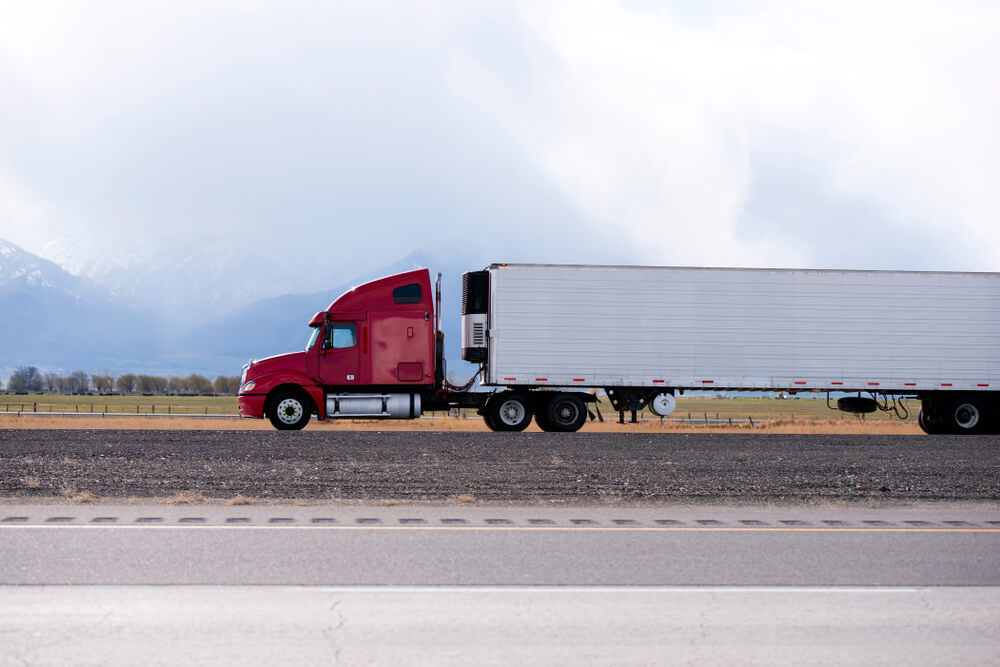
Misinformed business owners and consumers blaming truck drivers for the supply chain problems are way off base. Despite a 2019 Bureau of Labor and Statistics (BLS) report that concluded, “there is no driver shortage in the trucking industry” and White House pressure to run containers out of the ports of Los Angeles and Long Beach 24-7, the industry needs more qualified CDL holders. The true facts are that truckers are the long-term solution to supply chain bottlenecks, not the problem.
What the BLS report fails to articulate is that even a robust workforce requires a growing number of truck drivers to haul freight regionally and across the country. In recent years, retirements and drivers shifting to the comforts of last-mile positions thinned the ranks of OTR truckers already down 61,000 men and women. The consumer goods boom coming out of the pandemic has exacerbated that number to upwards of 80,000, according to the American Trucking Associations (ATA). Recent reports coming out of truck driver training schools support the ATA’s position and highlight the shortsightedness of the BLS report.
“We have trucking companies calling me every single day, calling our schools every single day, trying to figure out how to hire more drivers,” Brad Ball of Roadmaster Drivers School reportedly said.
Truckers across the country have been voicing similar frustrations about impediments that have plagued their efforts for decades. Delays at ports and freight yards too often cut into their federally-mandated hours of service restrictions. That detention time and logistical SNAFUs reduce truck driving efficiency. Bill Aboudi, president of AB Trucking, reportedly expressed his feelings about unnecessary West Coast port delays.
“It’s the terminal operators that are not managing the workforce properly and don’t realize that they had a problem with a computer system until it’s too late,” Aboudi reportedly said. “It’s often the longshoremen and the truck drivers that pay the price and are forced to sit because of the terminal operators’ mistakes.”
CDL professionals in California generally agree that wait times have become excessive. And some trucking company owners have arrived at the conclusion delays are caused by a labor shortage.
“I don’t think the terminals have enough workers,” Antoine Freeman, owner of YNOT Express, reportedly said. “We used to arrive early, get in line and try to get out of there before it got real busy. Now, you show up early and wait in line for hours, and if you miss your appointment time because of delays, you have to start the process all over again.”
But even if California ports and terminals had sufficient staffing, warehouse space shortages and other logistics congestion have a suffocating effect on freight movement. An overwhelmed supply chain may function less quickly, but the only solution is to get out of truck drivers’ way and let them do their job. Freight doesn’t haul itself.
Sources: freightwaves.com, cnbc.com











Leave a Comment